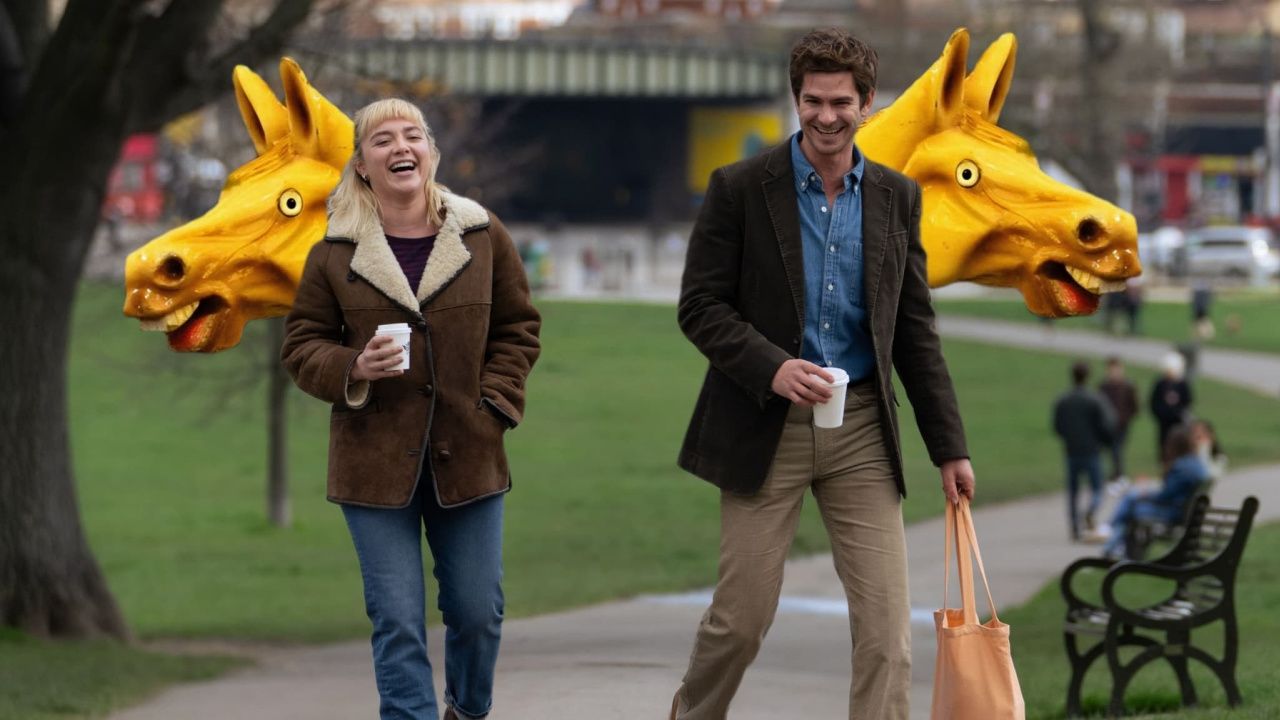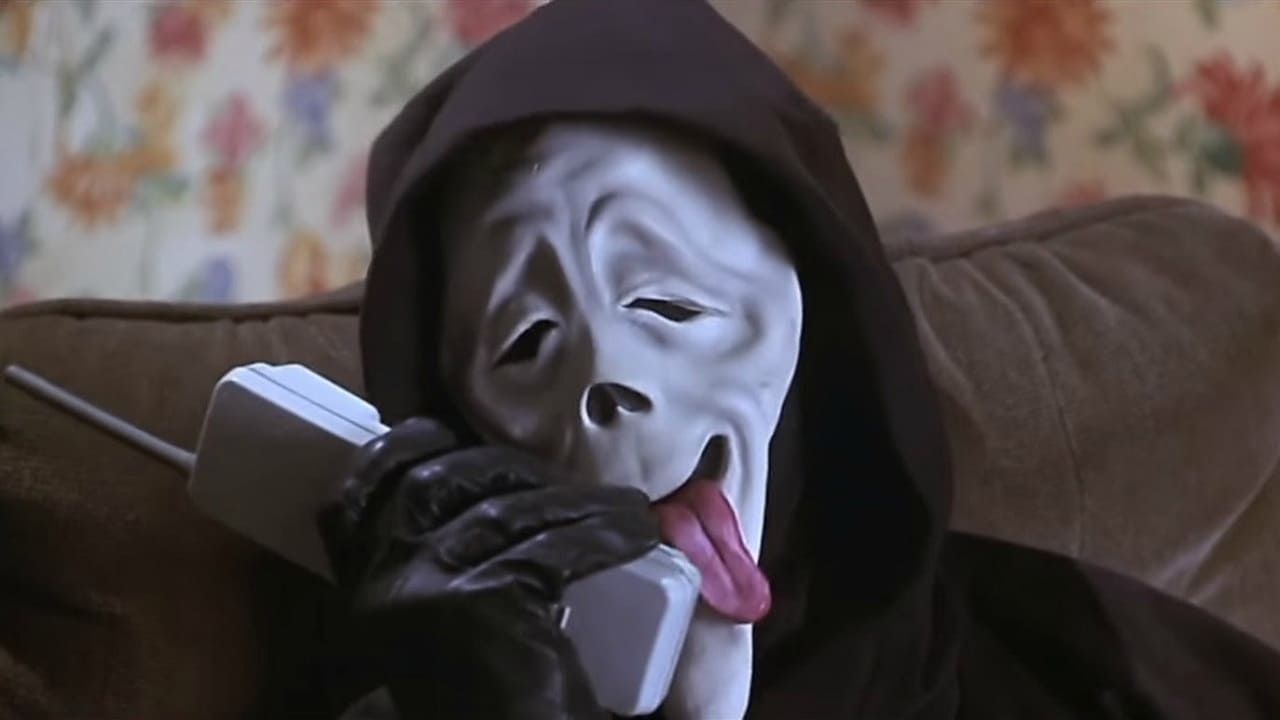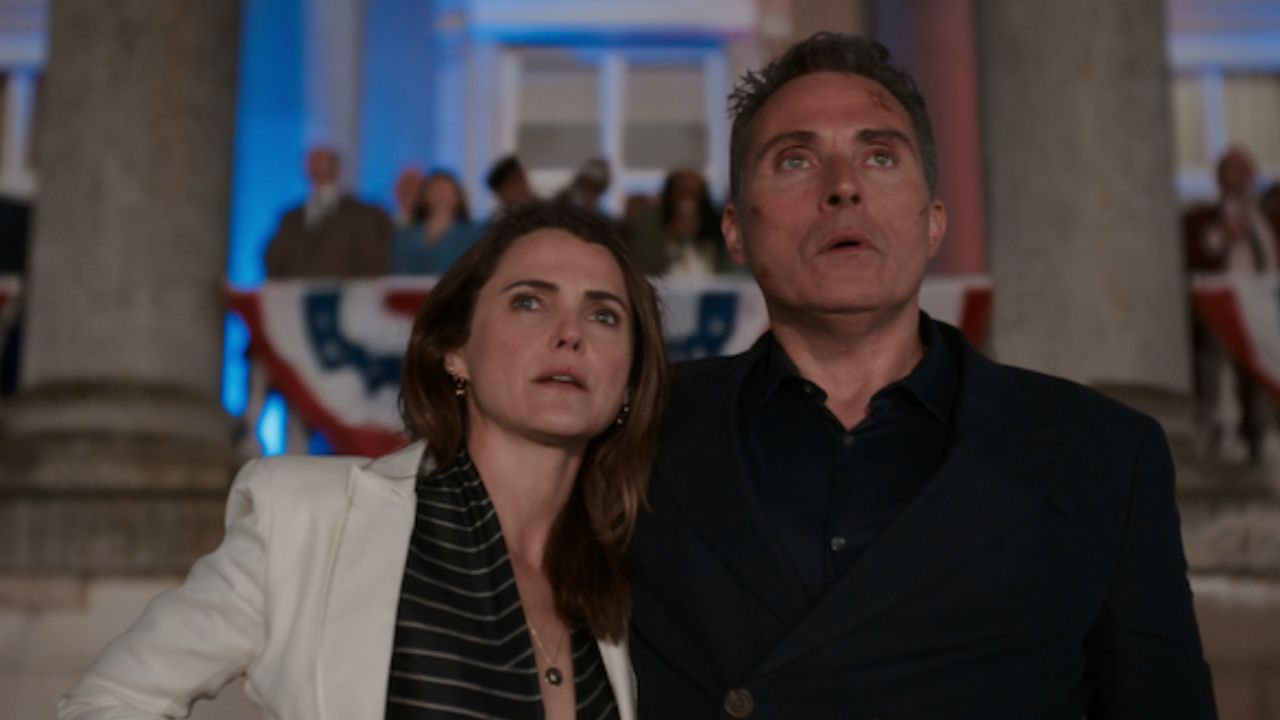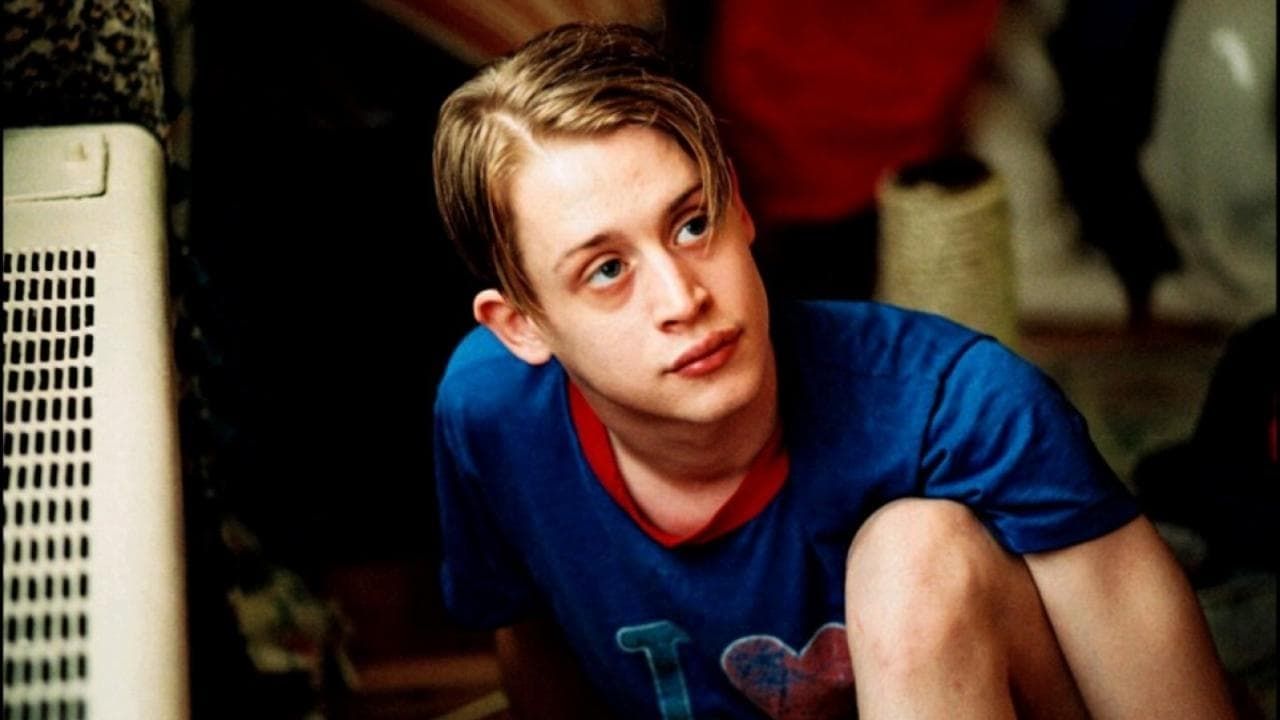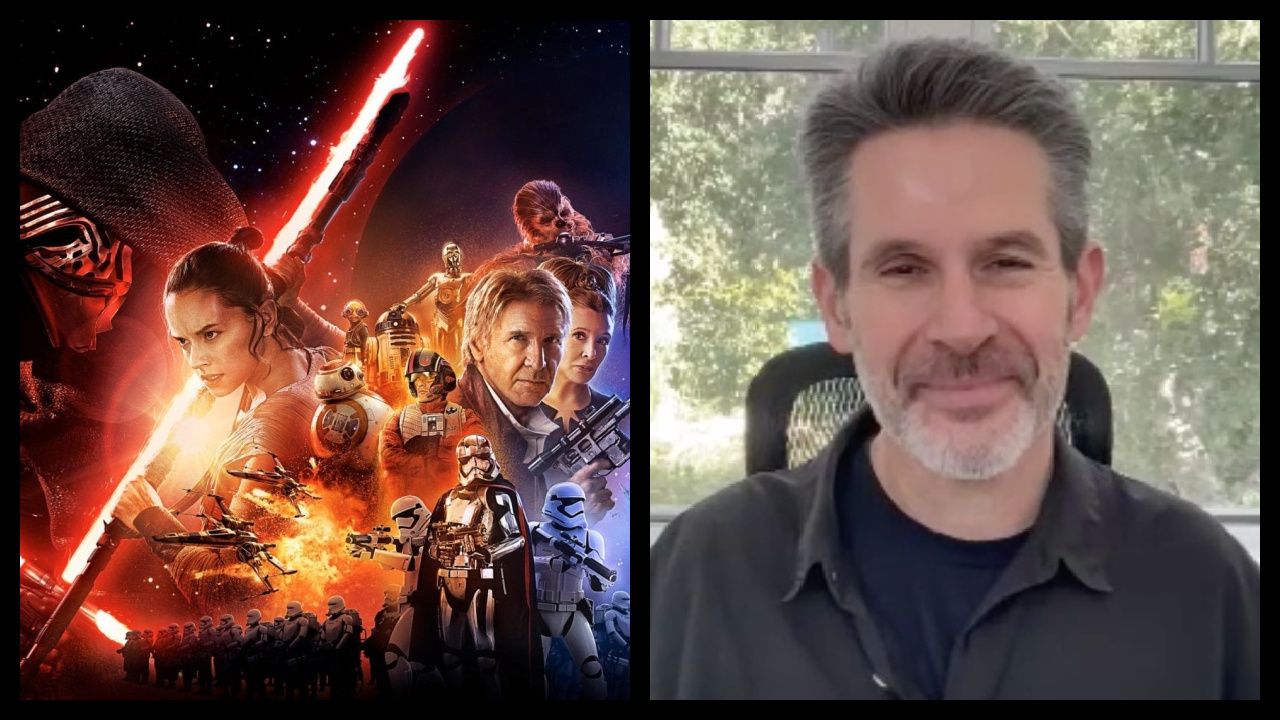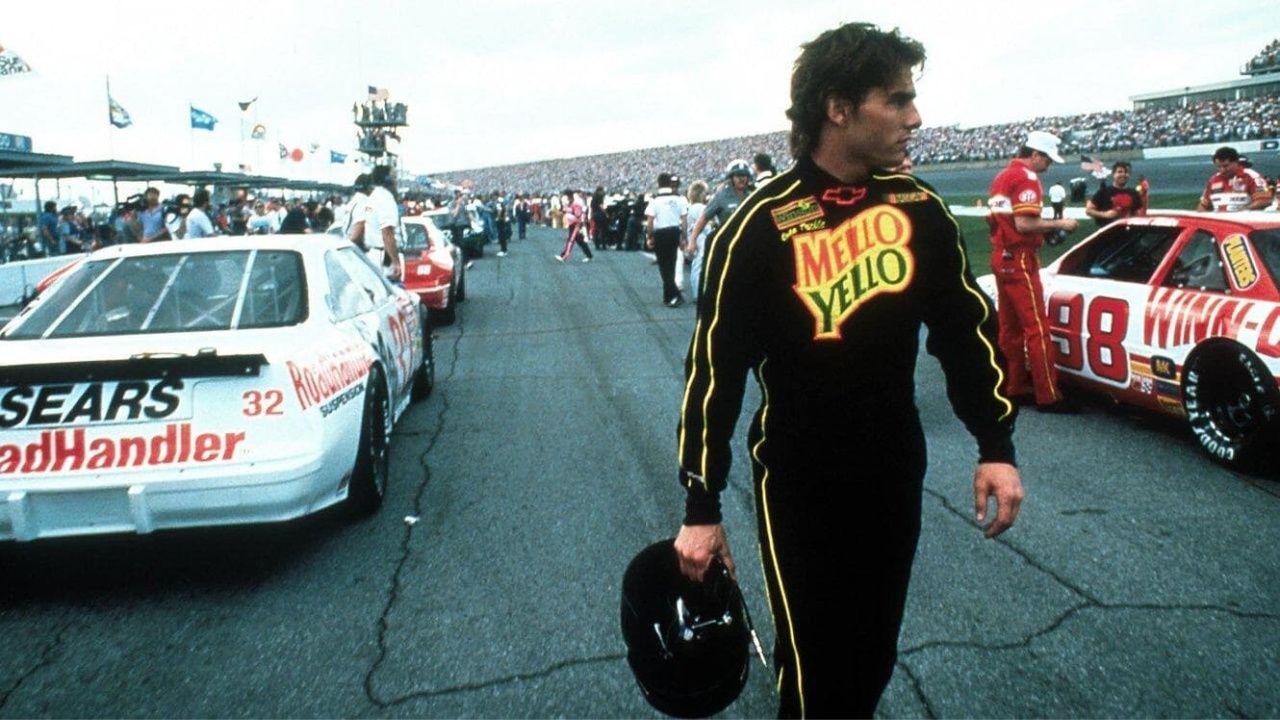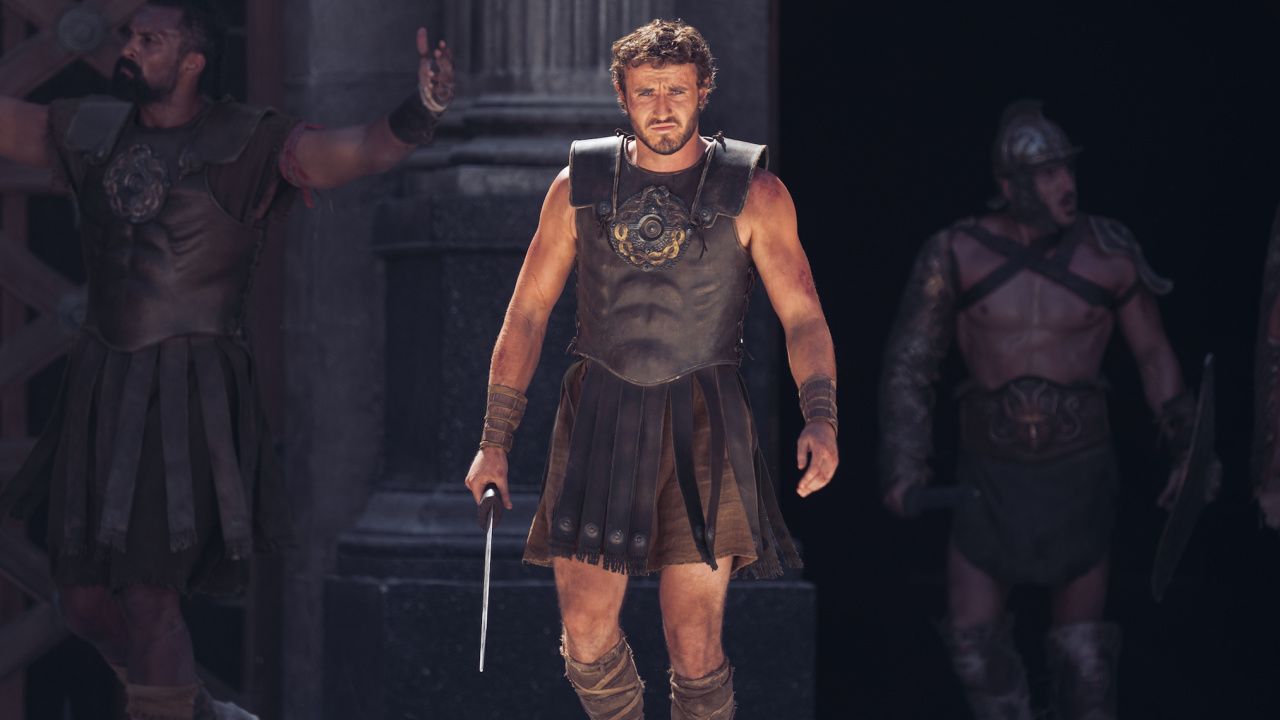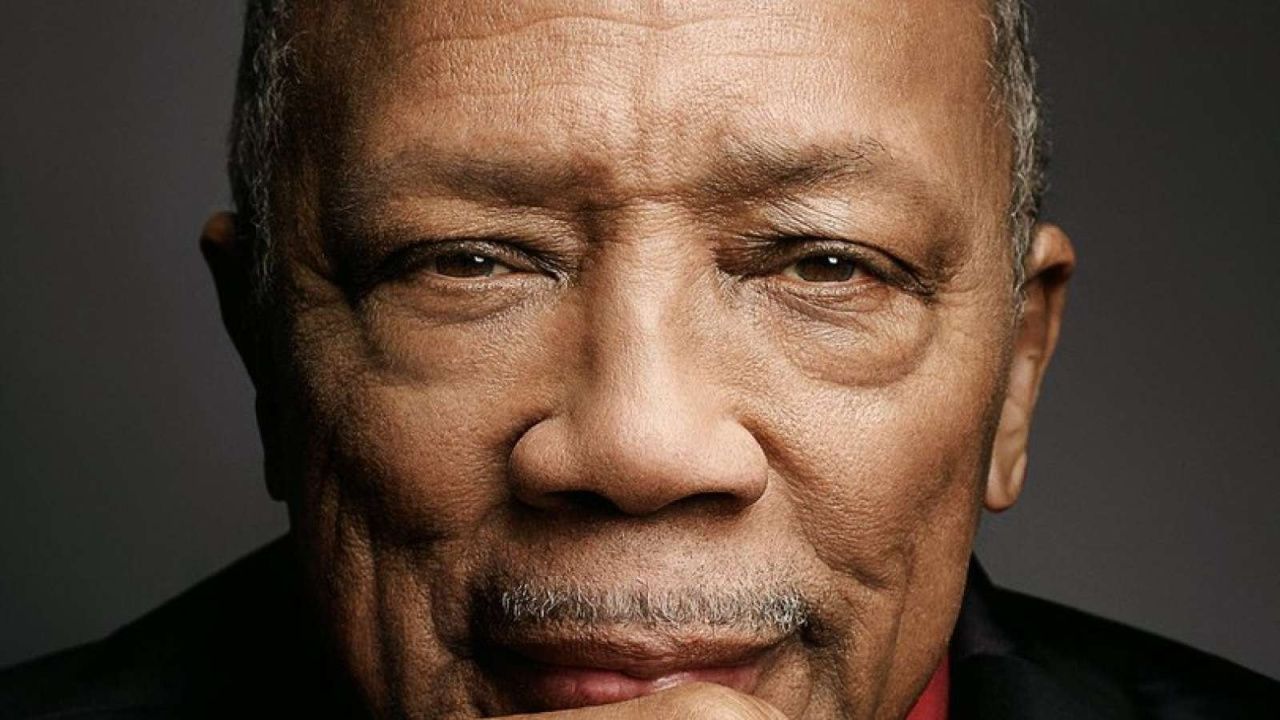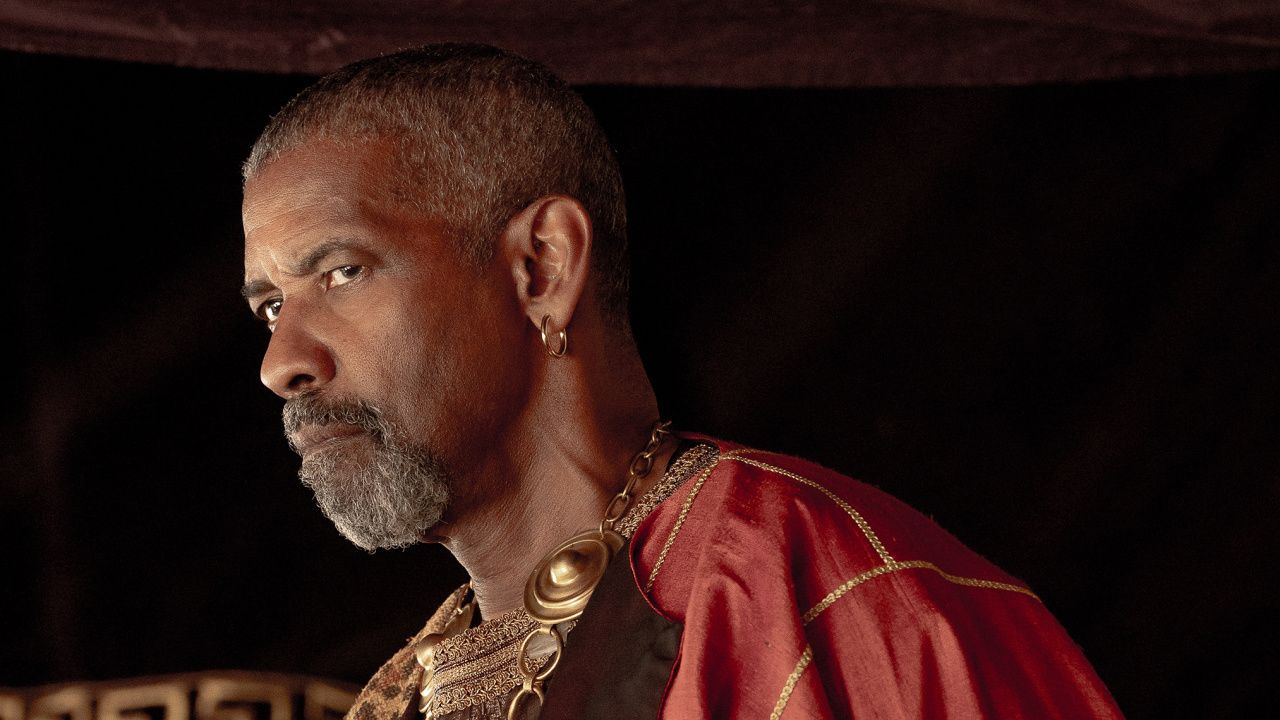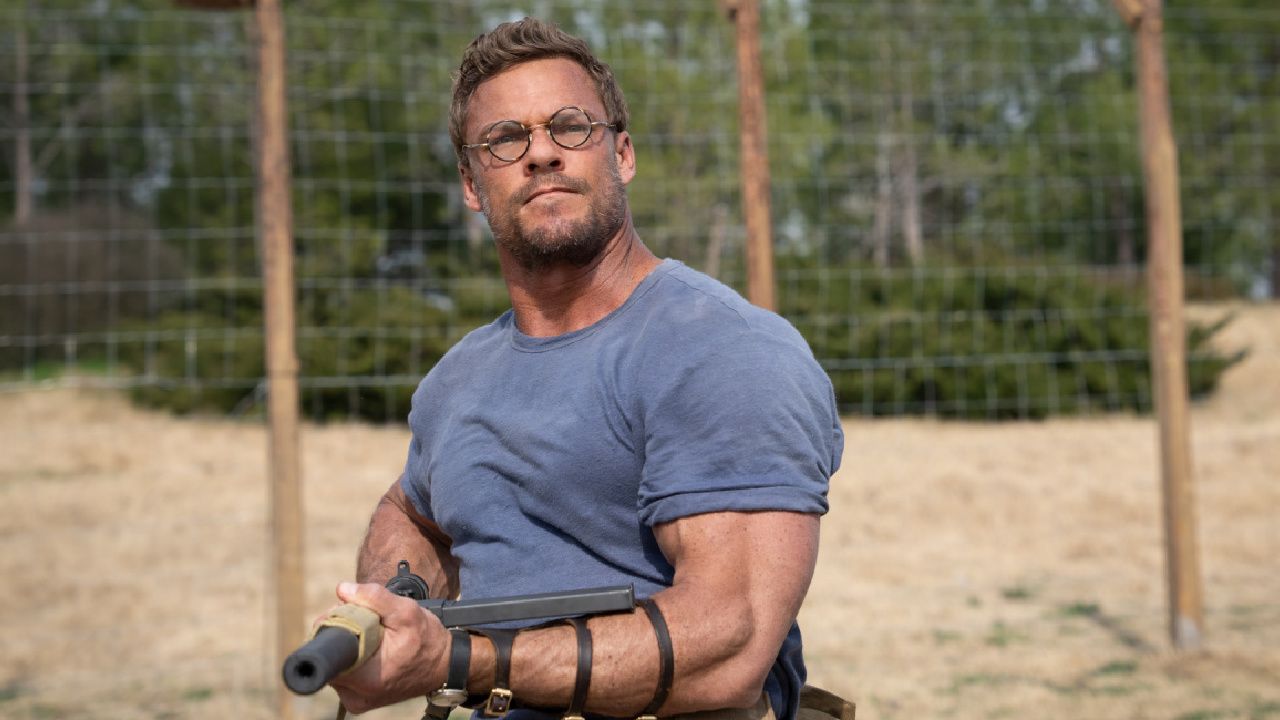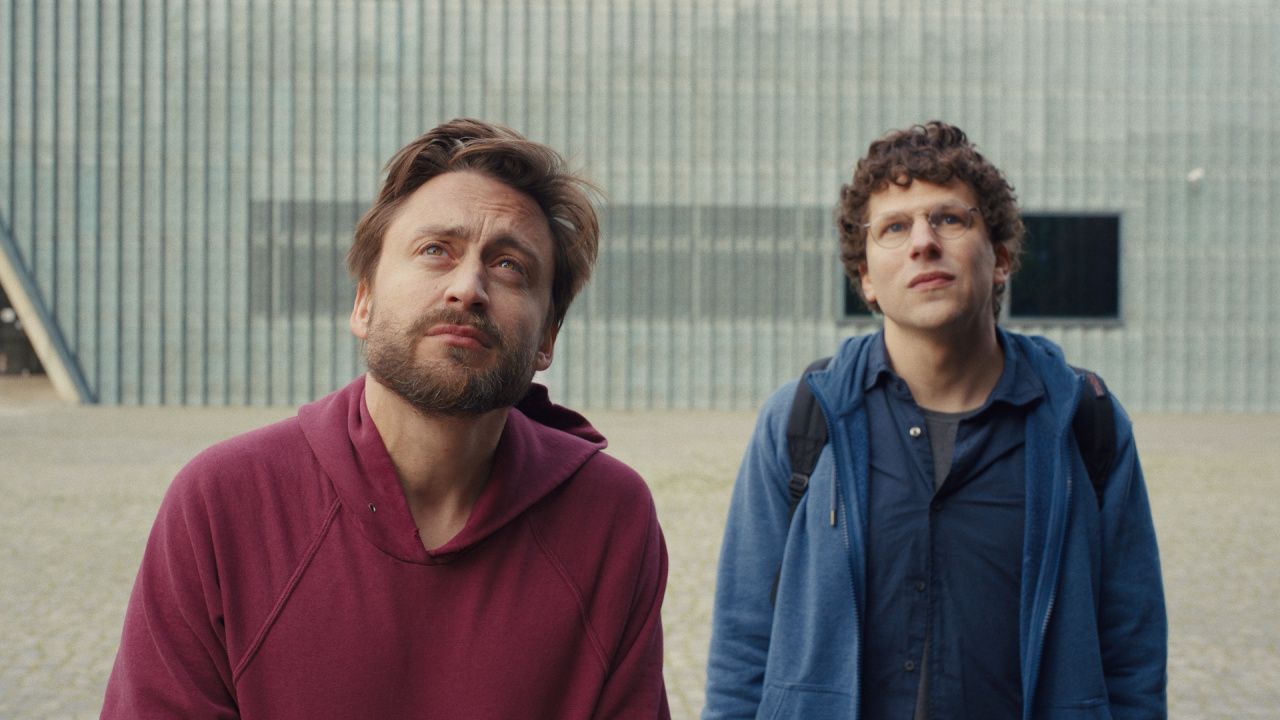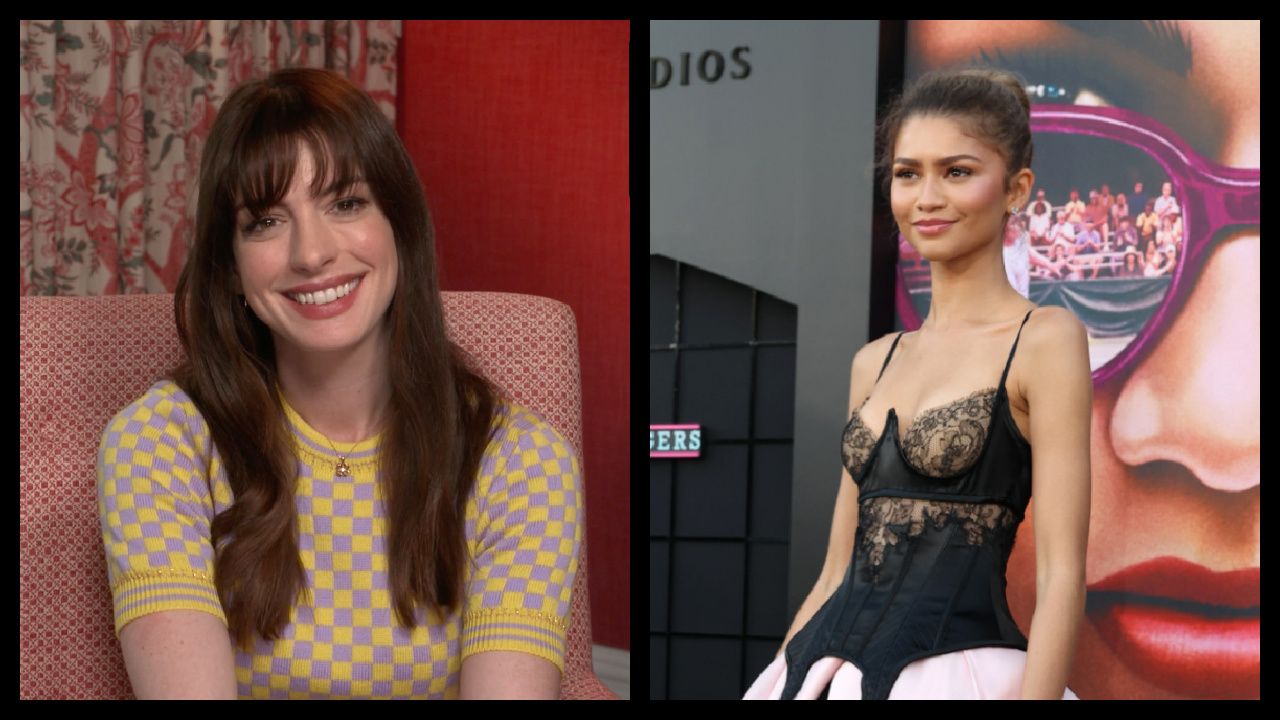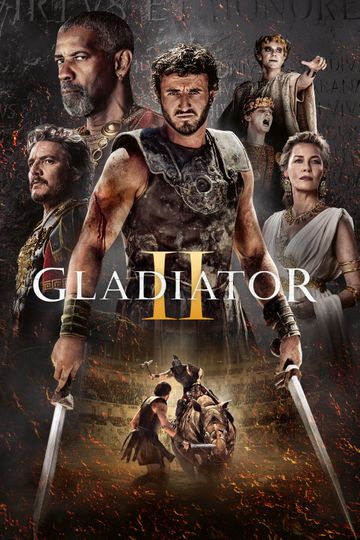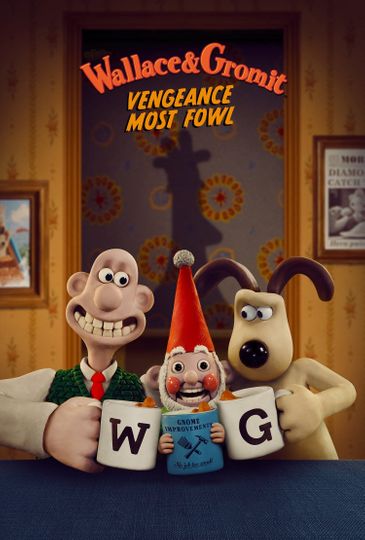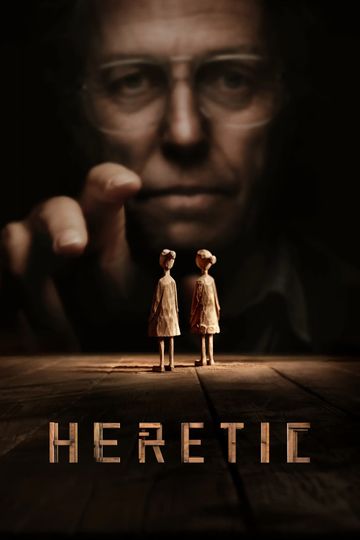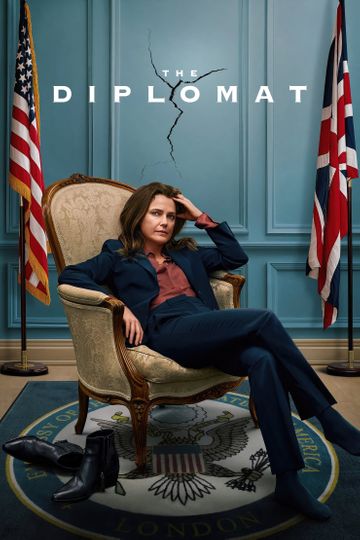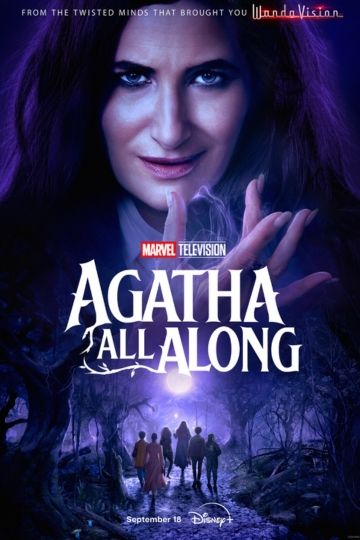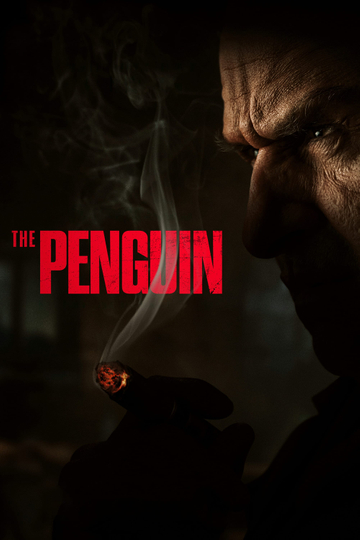Tony Gilroy Reveals Why 'Beirut' Took 27 Years to Finally Get Made
Things are always changing in Hollywood. Even when projects are formally announced, it doesn't mean they'll reach the screen. And Tony Gilroy is all too familiar with that side of the business.
In the summer of 1991, he wrote the script for "Beirut," a film which is finally coming out almost three decades later.
The story -- about a former U.S. diplomat who returns to Beirut after a personal tragedy to negotiate the release of an old friend taken hostage by extremists -- garnered significant interest when it first went out to the town in 1991. Producers fought hard to get the film made, big names at the time were approached (Mel Gibson, among them), but things ultimately fell apart and Gilroy moved on.
It wasn't until years later that he was approached about reviving the concept, with Jon Hamm starring and Brad Anderson in the director's seat. We recently chatted with Gilroy regarding his process revisiting the film, along with his behind-the-scenes perspective on crafting his Oscar-nominated "Michael Clayton" and the Star Wars film, "Rogue One."
MOVIEFONE: From a creative standpoint, what was it like for you -- as a writer -- to leave something behind and then return to it all these years later? Did you have the same relationship to the story?
Tony Gilroy: So much of your work doesn't get made. The most successful screenwriter that you could possibly imagine, some of their work never gets there, and I think most of the people that do this would probably feel strongly that their best work has not been seen.
This was a really important script for me back in the day. It was just a real step up in class, and it was a really serious film, and it was an original film and I spent a year on it. I can't really accurately remember my creative mourning as these opportunities dwindled down back then, but it's a feeling I've gotten used to over the years. I'm sure I'm much better at it now than I was before. You suck it up and you move on and you forget about them. You move on and kind of turn against it.
So, I never looked at this script. I don't think I looked at this script for, I don't even know how many years, until Interscope called back up and said, 'Hey, if we revive this, if we went to Jon Hamm and Brad Anderson, would you help us out? We're thinking about doing this.' And that's probably when I reread it. It's just another one of the binders in the closet.
When you say you "turned against it," what do you mean by that?
You literally move on to something else and forget about it. Part of that is self-preservation. You'll see young writers -- or people who've written one script, and they will flog it for years and years and years. You can tell it's not gonna really work out for them. The people that have a better chance are people that put that script down and already start the next one. You have to keep moving forward.
On the converse, I'd say I probably rolled over on some things too easily in my career. There's probably some things I should've fought harder for, and I think part of my self-preservation to keep my sanity has been to keep moving. There's a downside to that, as well. Not in this case, I don't think. This was a good one, and we really flogged it at the time, and we had a lot of support. The producers tried very hard back in the day to get it made. It had a lot of popularity and it did a lot of good things for me.
As you're fully aware, even when projects are announced for development things are changing all the time. So, what was the point when you realized this movie was actually gonna get made?
My doubt on this film went really deep. When I read it and they said Jon, I thought, 'Oh my god, it's the perfect fit,' and wrote to Jon, and Jon read it, and Jon got involved. And Brad -- I had tried to make a movie before [with him] -- so I was a big fan of Brad's. If anyone can make this down and dirty, it's Brad. And Rosamund [Pike] came on and said, 'So, now you know what your number's gonna be, right?'' You've got Jon, you've got Brad, you've got this script, you've got this kind of movie, you've got Rosamund, you go out into the independent world and the foreign sales people basically tell you what the number is when you get to make this movie. That's how it works.
When the numbers came back -- what they were gonna make the movie for -- I thought this was never gonna happen. Plus, you've got to find a place to make it. You can't shoot it in Lebanon, you can't get insurance in most places. Is there a location that can actually work? We don't have money for CG. I did rewrite it. I probably rewrote it in the October, November, of that year. I think, really, when they nailed down Tangiers [the shooting location] and got the insurance clearance and had an actual schedule, it was like, 'Ah!' But it's also like, 'I don't have to go to it. I'm not doing it.' So, you kind of sit back and go, 'Okay. You guys are doing it.' I started to believe then.
Before they started shooting, I went down for a celebration and table read, and then I went down for the first week of shooting in Tangiers. Even when we got there, it was like: 'Wow, I cannot believe they're cash-flowing and they're doing this and people are getting paid. This is happening.' It's quite amazing. So my incredulity lasted pretty deep into this one.
When you first wrote the script, it was before 9/11. And now, we're in a different political climate. Did any of what was going on in America, between the time you first started and the time when you had to do a rewrite, affect the story at all -- either consciously or subconsciously?
I picked this moment in time out of everything. I could choose any time I wanted and I chose Lebanon -- and I chose this moment in time because it seemed the most dramatic place to put this story, just the winter of 1982. The competing forces, everything was in play at that moment, and it was also extremely dramatic with the PLO trying to hold onto a ceasefire and try to keep things quiet. And Israel desperate to come across the border, and the Reagan White House in disarray, and Russia and Syria, everyone was just terrible. The fuse has been lit, it's a bomb that's about to go off.
Now, part of the reason the movie didn't get made 20 years ago is -- because people thought that the politics were a little too on the nose -- and a little fresh and a little too radioactive. They didn't like how everybody looked: They didn't like how Israel looked and they didn't like how the Reagan White House looked and there were a lot of questions -- even in 1991 -- that were still under debate about a lot of the things that happened in '82 and what happened afterwards. Twenty years later, when it comes out, all of those verdicts are in and the journalism was on the money, and 9/11 is just one of the many, many things that has happened because the winter of '92 in Beirut didn't get figured out.
So the movie, in an odd way, has more poignant resonance now than it did in '92.
Do you think if platforms like Netflix or Amazon had been around in the '90s, that it would've been easier to get this off the ground?
No, I think this was a very easy film to get off the ground in '91 with the absence of politics. There were a lot of people that were interested in this. No, this was a genre. It would've had a much bigger budget, it might've had to have a romance. If Sydney Pollack had gotten involved, it would've gone one way. If Peter Weir got involved, it would've gone another way. The movie's designed for that scale, and for Michael Douglas or for Harrison Ford or Bruce Willis [or] Mel Gibson. It wasn't an outlier at the time -- other than politically -- and people were a little bit spooked about the politics, which seems insane now. If you look at the movie, it doesn't seem inflammatory at all.
One other film that I wanted to talk to you about was "Michael Clayton." We had heard at one time that there was an offer -- or at least a rumor -- about potentially turning that into some sort of TV series.
Yeah, I turned that down. I stopped that. I killed that in the cradle. I didn't want to do that.
Why did you turn that down?
I don't know, I just didn't want to take something that I thought was really... I like it the way it is. I didn't want to piss in my pool. I liked it the way it was. I didn't have to do it. They could've done it without me. They liked me and respected me, and I said I would be really against it and not be supportive. I'm not adverse in general. I think it's case by case, and there's some talk of turning "Duplicity" into a television show, and so I'm cooperating with that.
But "Clayton," no, I didn't want to take "Clayton" and turn it into a show. It had to be a prequel. I didn't want to do it. I was too satisfied with what we did. It's hard to get it right, to beat it.
The scene in the car with George Clooney, where he's talking to his son about how he's nothing like his uncle... Do you remember writing that scene and what was challenging about writing that?
I don't remember writing it. I remember shooting it vividly. I remember the exact take: It was about 300 yards away from the house I grew up in, from the bedroom I slept in my entire life. It was right up the road from where I lived. Michael's relationship with his son, that was very much out of my relationship with my son. And we shot that ... and the script supervisor I had, my guardian, she was there with me and George finished his big take. We were running two cameras, I'm not sure. He finished the take, the one that's in the movie, and [the script supervisor] turned. She's a tough woman and she was in tears. She was like, 'That's why we love men.' I was like, 'Oh, boy, that's a keeper. Let's put that in the movie.'
Is there one or two things you'll always remember from making that movie?
I remember everything. That's the problem. That's why it's really hard to watch your stuff after you've done it. My memory isn't super sharp, but I watch something and I remember what we had for lunch that day and who was arguing with who. You remember what went wrong, or the things that you didn't get. I remember every location. You remember very vividly where you were on every film I've done. The power of directing is really powerfully intense.
The opposite for me would be scripts. I've made so many scripts, I can't remember. I guess if my career had been converse, if I made 40 movies, I'd forget. It would all be a blur. I haven't made enough movies where things have blurred together.
I remember you saying how there had been a little bit of a lull in between the projects you were working on, which is partly why you went onto that "Rogue One" job. With "Rogue One" done, and with "Beirut" coming out now, what sort of projects are you hoping to work on?
I'm very busy all the time. I have a lot of stuff. It's finding the right casting, the right moment, the right place. There's so many opportunities right now for storytelling and I've been writing all year. I have a lot of things ready to go, and I'm really hopeful to get out of my room this year. But, I'm not at a point in my career where I'm gonna start throwing stuff against the wall. I know my time is precious, and I also know what it's like to be underneath something that's not working or almost working. So you're really trying to find a good situation. I'm really trying to get out of my room this year. That's my plan.
Do you think platforms like Netflix and Amazon offer more opportunities for you to get out your room?
Yes! Look at how many things are in production. My brother is making a Netflix movie right now, as we speak. There's so much money floating around right now for production. I don't know how it's all gonna shake out. I don't know how it feels to make a movie and not be able to see it in a theater. I haven't had that experience. I can imagine it's not entirely pleasing. I think people are really freaked out about that who are making movies. You're seeing all the tension with that. A lot of people are going through that anxiety right now.
Man, I don't know. There's more production going on right now than I can ever remember. It's a very good time for writers, it's a very good time for actors, it's a very good time for storytelling. Movie business? Not so much. But storytelling is booming. It just doesn't happen to be happening in the multiplex so much.
"Beirut" is out now in theaters.













